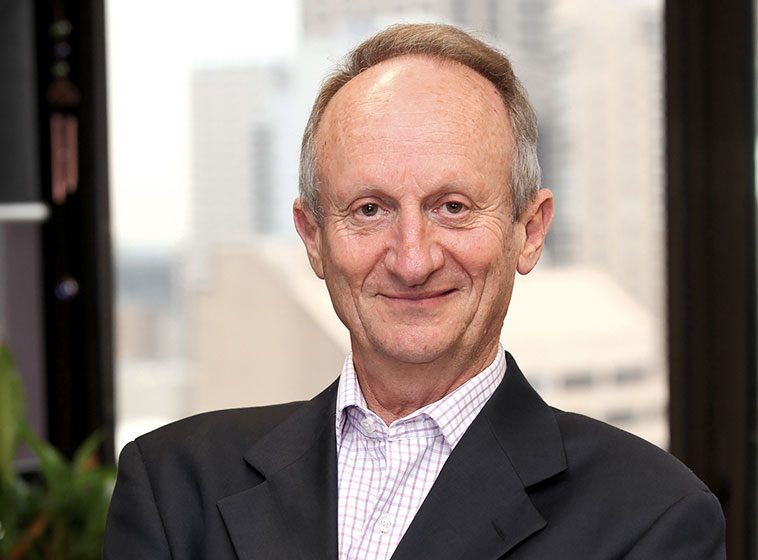Former Senior Crown Prosecutor Mark Tedeschi AM QC discusses how his work as a young defence barrister on the so-called “Greek Conspiracy case” of 1979-1981 taught him key basics about advocacy, cross-examination and court procedure.
In March 1978, a team of more than 100 Commonwealth police officers raided about 160 homes of predominantly Greek immigrants and five doctors surgeries, making it the largest raid in the history of Australian policing. The police charged 187 people with undertaking a mass Social Security conspiracy.
I was just 27 and at the end of my first year at the Bar when solicitor Gordon Beard called, asking if I would accept a brief for clinical psychologist Dr John Castanos, one of the medical defendants in the committal proceedings. I was told it was “a watching brief” and that I would “just have to sit back and watch the QCs do their bit for other defendants”.
It was my first criminal case since I had been called to the Bar. I was thrilled to be offered a case that was billed to go for three weeks, as my longest case at that time had gone for only three days. Little did I know I would have work five days a week for three years on the case, in what is still the longest criminal matter ever heard in Australia, and possibly in the common law world.




